Bad breath is a common issue that negatively impacts social relationships and often leaves individuals feeling uncomfortable. There can be various reasons for bad breath, and effective treatments and preventive measures are available to manage this condition. In this article, you will find detailed information about the causes, treatment, and preventive measures for bad breath.
Causes of Bad Breath
Bad breath can stem from multiple factors, including:
Bacterial Buildup: Bacteria in the mouth can proliferate on food particles, leading to the formation of unpleasant odors.
Dental Issues: Cavities, gum diseases, or infections in the mouth can contribute to bad breath.
Dry Mouth: Insufficient saliva production can result in bad breath, as saliva naturally cleanses bacteria from the mouth.
Smoking: Smoking can cause dry mouth and contribute to unpleasant breath.
Diet: Certain foods and beverages, such as onions, garlic, and coffee, can lead to bad breath.
Systemic Health Issues: Conditions like diabetes, liver problems, or digestive system issues may also cause bad breath.
Treatment for Bad Breath
To address bad breath, consider the following treatment options:
Oral Hygiene Practices: Maintaining regular oral hygiene practices, including brushing, flossing, and using mouthwash, is fundamental in combating bad breath.
Dental Check-Ups: Regular dental check-ups can identify and address any underlying dental issues contributing to bad breath.
Tongue Cleaning: Using a tongue scraper or cleaner can help reduce bacterial buildup on the tongue, a common source of bad breath.
Hydration: Drinking an adequate amount of water helps prevent dry mouth and supports saliva production.
Avoiding Tobacco Products: If applicable, quitting smoking and avoiding tobacco products can significantly improve breath odor.
Preventive Measures
To prevent bad breath, incorporate the following habits into your routine:
Regular Dental Check-Ups: Routine visits to the dentist can prevent and address any emerging oral health issues.
Consistent Oral Hygiene Habits: Maintain a routine of brushing your teeth at least twice a day, flossing, and using an antimicrobial mouthwash.
Healthy Diet: Consume a balanced diet rich in fruits and vegetables, and limit the intake of odor-causing foods.
Limiting Alcohol and Tobacco: Moderating alcohol consumption and avoiding tobacco products contribute to fresher breath.
Conclusion
Effectively managing bad breath involves identifying and addressing its underlying causes. By adopting proper oral hygiene practices and making lifestyle adjustments, individuals can enjoy improved oral health and confidence in their social interactions.



















